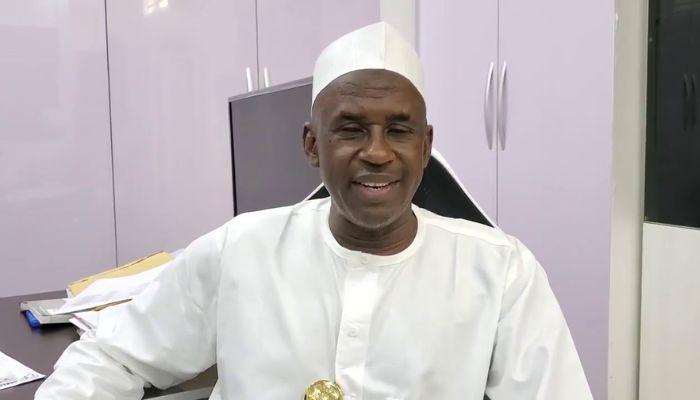Nigeria’s Currency Depreciates Against the Dollar, Starting the Week on a Low Note
Nigeria’s naira began the week on a negative note, depreciating against the dollar at the official foreign exchange market on Monday. According to official data from the Central Bank of Nigeria, the naira fell to N1,533.67 per dollar, marking a decline of N1.16 from the N1,532.51 recorded last Friday.
This downturn follows a brief period of gains, with the naira having recorded three consecutive days of appreciation at the end of last week’s trading. However, Monday’s decline suggests that the currency’s value remains volatile and subject to fluctuations in the foreign exchange market.
In contrast, the naira performed differently in the black market, appreciating and trading at N1,550 per dollar on Monday. Abubakar Alhasan, a Bureau de Change operator in Wuse Zone 4, Abuja, verified this rate, highlighting the discrepancies that often exist between the official and parallel markets.
The fluctuations in the naira’s value have implications for Nigeria’s economy, which heavily relies on imports and foreign exchange. The Central Bank of Nigeria has been working to stabilize the currency and maintain a stable exchange rate, but the latest depreciation suggests that challenges persist.
As the week progresses, market analysts and economic observers will be closely watching the naira’s performance, seeking to understand the factors driving these fluctuations and the potential consequences for the country’s economy. With the naira’s value remaining susceptible to market dynamics, the Central Bank of Nigeria may need to take further action to maintain stability and confidence in the currency.
The recent depreciation of the naira against the dollar highlights the ongoing challenges facing Nigeria’s economy, including the need to diversify its revenue streams, reduce its reliance on imports, and improve its foreign exchange reserve. By addressing these underlying issues, the country can work towards creating a more stable economic environment, less vulnerable to fluctuations in the global market.
In the short term, the naira’s depreciation may lead to increased costs for importers and consumers, as well as higher inflation rates. However, if the Central Bank of Nigeria and the government can implement effective policies to address the underlying economic challenges, the country may be able to achieve greater stability and growth in the long term.



